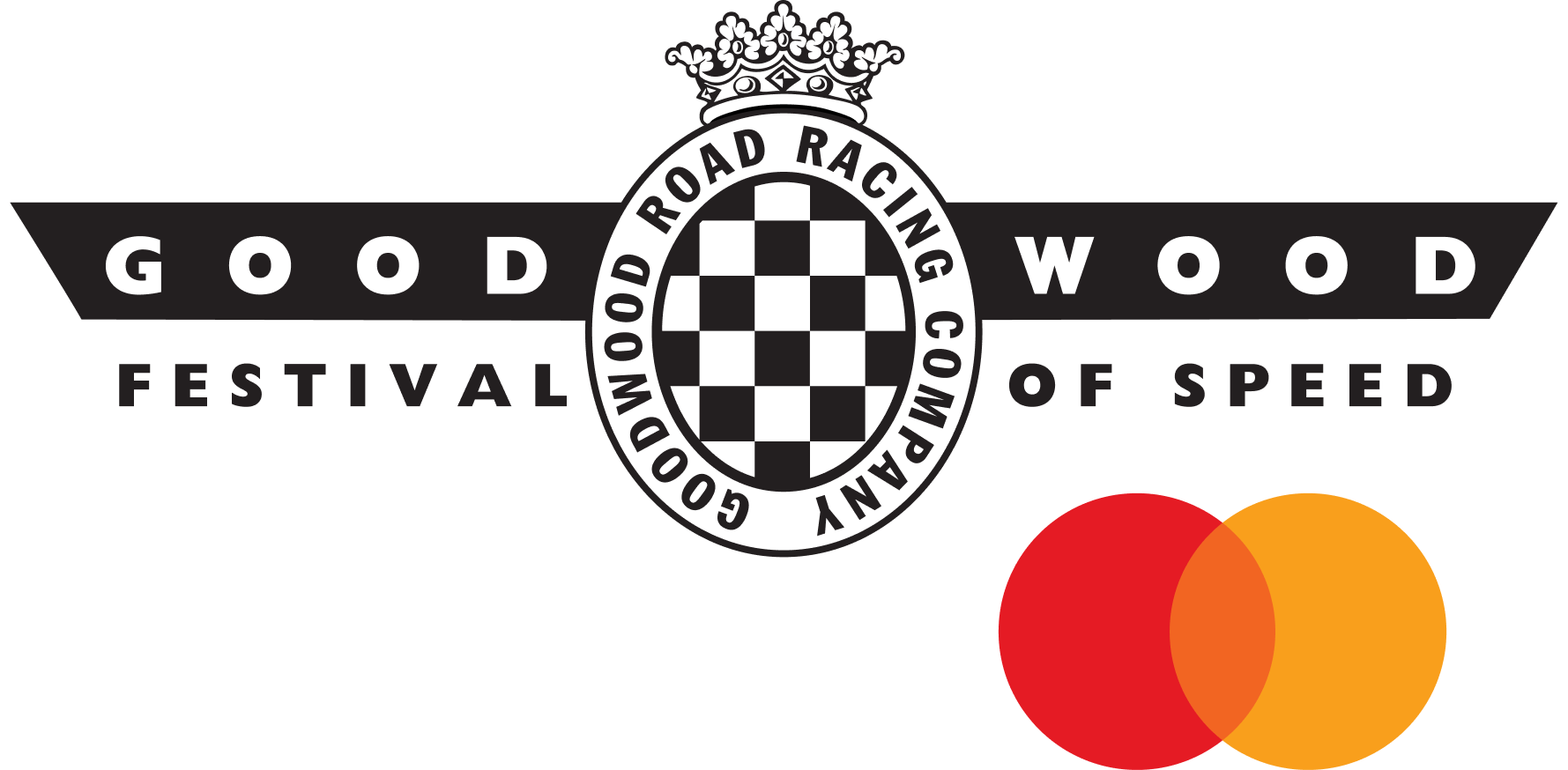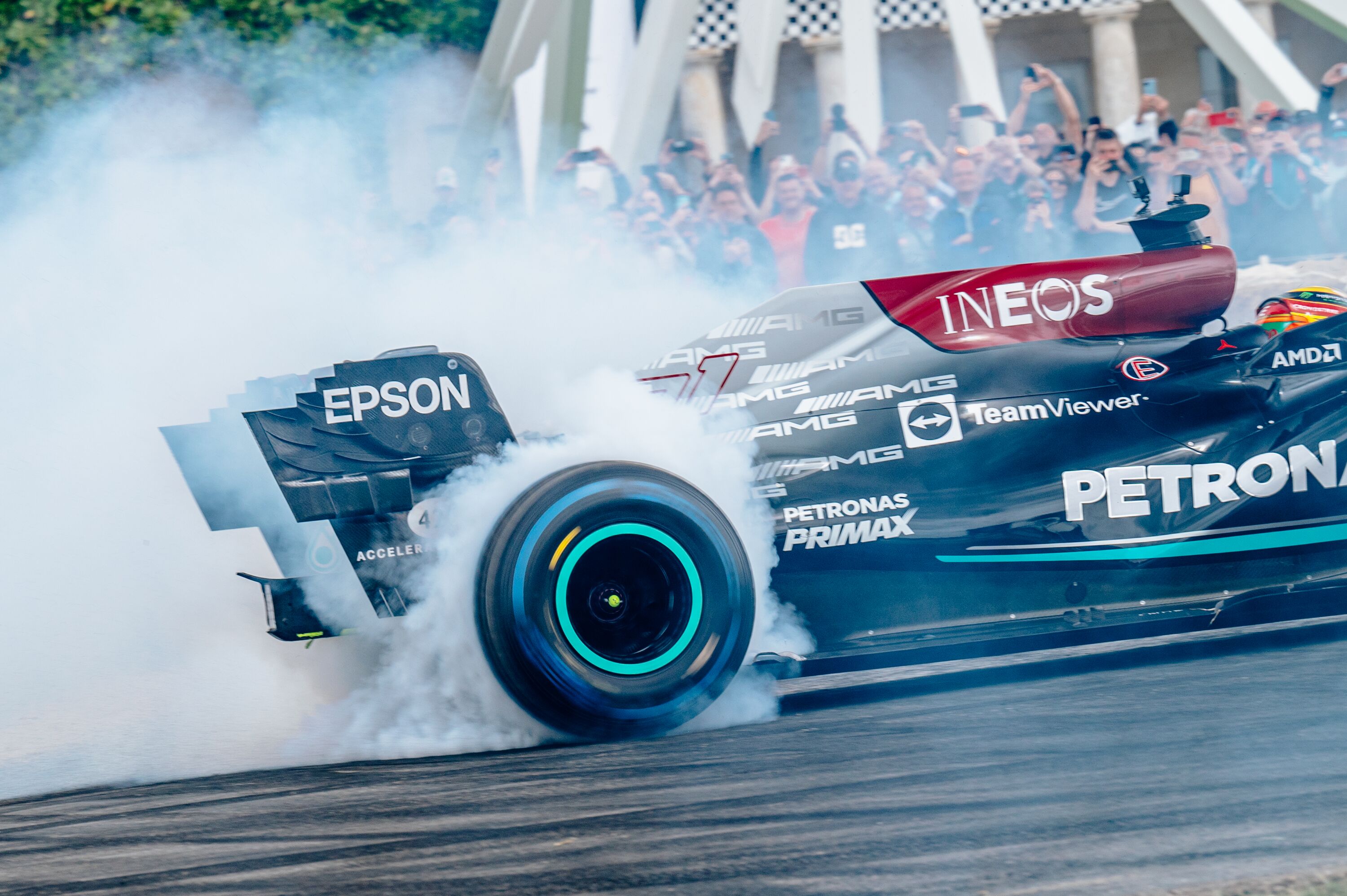INTERVIEW: Silverstone’s drive to become the “global home of motor racing”
In February this year, Silverstone committed itself to F1 by signing a new ten-year contract to host the British Grand Prix through to 2034.

In doing so, mirroring other events like Miami, Australia, and Bahrain, the intention was clear. "By the end of that ten years, I want Silverstone to be recognised as the global home of motor racing, not just the home of British motorsport." said Stuart Pringle, the managing director of Silverstone.
It is a bold ambition that just 16 years ago was never on the cards. In 2008, then-Formula 1 supremo Bernie Ecclestone awarded a 17-year deal to Donington Park to stage what was viewed as one of the sport's crown jewels given the ever-present status of the race on the F1 calendar.
In essence, it was Ecclestone at his most unscrupulous, upping the ante in a bid to get Silverstone's owners, the British Racing Drivers' Club to finally improve its facilities. Six years previously, Ecclestone had lambasted the British GP as "a country fair masquerading as a world event," such was his frustration at how Silverstone was being left behind by its global peers.
Donington Park's owners set about rebuilding the East Midlands venue, but the financial model on which the transformation was planned, at an estimated cost of £135 million, was based on quicksand.
Ecclestone stripped Donington Park of the rights to stage the race after it failed to show it had the necessary funding. It resulted in Ecclestone going back to the negotiating table with the BRDC.
After being on the brink of losing the star event of its own calendar, in December 2009, just days before confirmation of the 2010 F1 schedule, the BRDC and Ecclestone confirmed it had also negotiated a 17-year deal. Crucially, Silverstone had agreed to construct a new pit-and-paddock complex.

That 17-year contract, set at £12 million for year one, included a built-in escalator of five per cent per annum. The BRDC knew it was taking a considerable financial gamble, albeit there was an escape clause after ten years. Then-BRDC president Damon Hill conceded it was "a big commitment,” deeming the level of risk to be "satisfactory.”
Silverstone unveiled the Wing, built at a cost of £28 million, in May 2011, in time for that year's grand prix. Over time, the venue has continued to evolve, recognising it is a business over 365 days of the year, and that it cannot rely on the four days of the British GP.
"We've worked really hard to make this business profitable, to bring it back from the edge, stabilise it, set a new course and work hard to deliver against this new course we charted and it's proven to be correct," said Pringle.
"We've had some luck along the way, if you call Liberty's vision that is 'Drive to Survive' luck. It's what a commercial rights holder should be doing, seeking to increase the value and awareness of its championship, its product."
When Ecclestone's 40-year reign ended in January 2017, and Liberty Media took over, it ushered in a very different era of F1. It has allowed circuits like Silverstone to reinvent themselves, to become so much more than just a venue that hosts a grand prix. "Formula 1, under Liberty Media ownership, has been very different to the previous ownership approach," said Pringle. "For promoters like us, it's given us a more saleable product.
"We're not just enthusiastic about it, we're hugely committed and engaged to this vision that Liberty Media has for Formula 1. We think it's a great product, and it's something that we can sell and appeals to the fans, be they old or new to the sport.
"So, when we signed the new contract, it wasn't a difficult decision for us."

Business diversification has seen the construction of an interactive museum in 2019, whilst a hotel which had been long in the pipeline opened its doors two years ago. Soon after this weekend's race, 60 luxury private trackside residences will be available to book. There are also plans to build an international-standard go-kart track.
But it is over the British GP weekend itself where Silverstone has had to fully appreciate the scope of entertainment possible. The on-track action may remain the core selling point, quite naturally, but Liberty's arrival ultimately opened the eyes of many at Silverstone – and other circuits, as to what was possible beyond motor racing.
"We committed early to Liberty's vision of Formula 1 becoming the best sports and entertainment product in the world, and by committed, I mean that we put up a lot more money to book world-class music artists, in support of their vision," said Pringle.
"We think that's a good thing for us to do as a promoter because, fundamentally, we have no control over the outcome of the show. If I was a theatre promoter, I would be responsible for getting the performance to be of a consistently high standard. In F1, you can have an amazing, incredible race, and often we do, but you can have years of domination by one car, and perhaps the show is less engaging for some of the fan base.
"So, to pack the weekend ticket with additional value through these high quality, high-profile music acts is a sensible thing for a promoter to do. Although it's costing us more money, it's reducing the risk on the business rather than increasing it."

This weekend, Kings of Leon, Stormzy, Pete Tong, and Rudimental will perform. There is also a comedy club on Friday and Saturday night featuring Russell Kane, Troy Hawke, and Al Murray.
"We got to know our audience much better," remarked Pringle. "We sent them questionnaires, asking them what they'd like, and we got messages back loud and clear – they wanted a broader weekend.
"We unashamedly now want to turn the British Grand Prix weekend into the biggest summer festival, where it's a world-class sporting event by day and a world-class music festival by night, and we're well on the way to that."
Images courtesy of Getty Images.
Formula 1
F1
F1 2024
Interview
Silverstone
































































